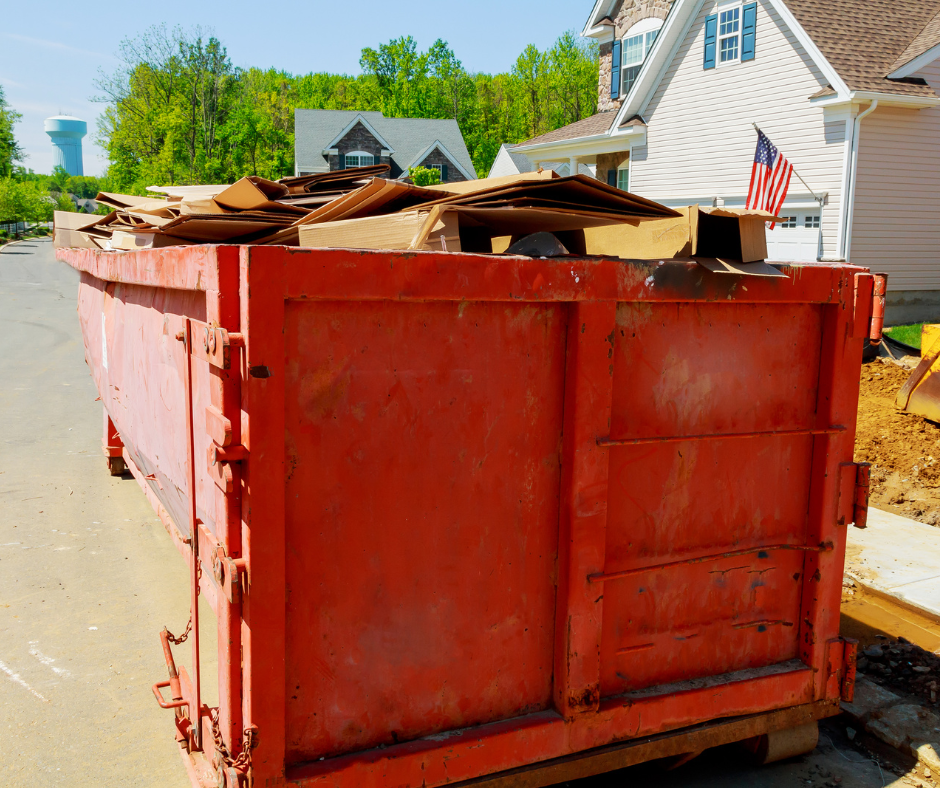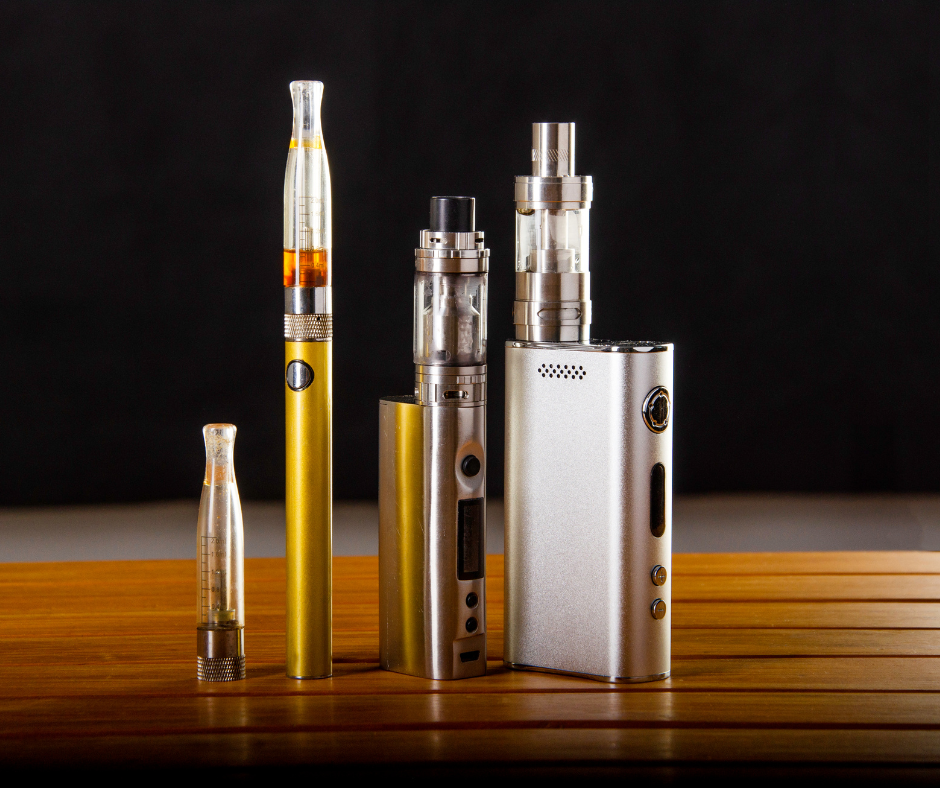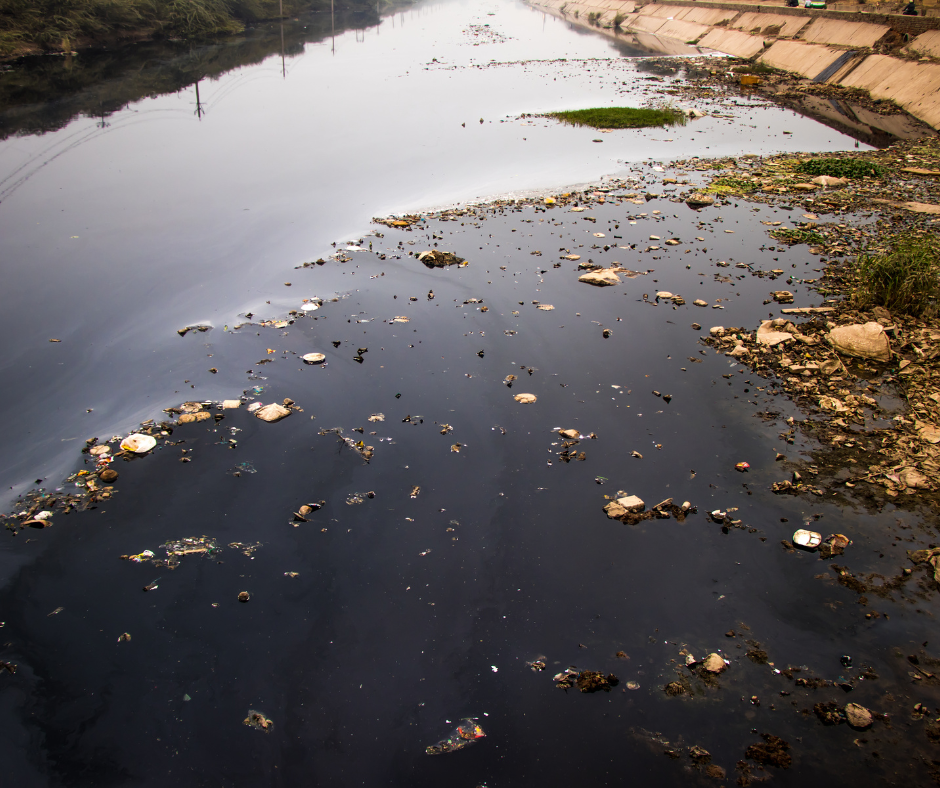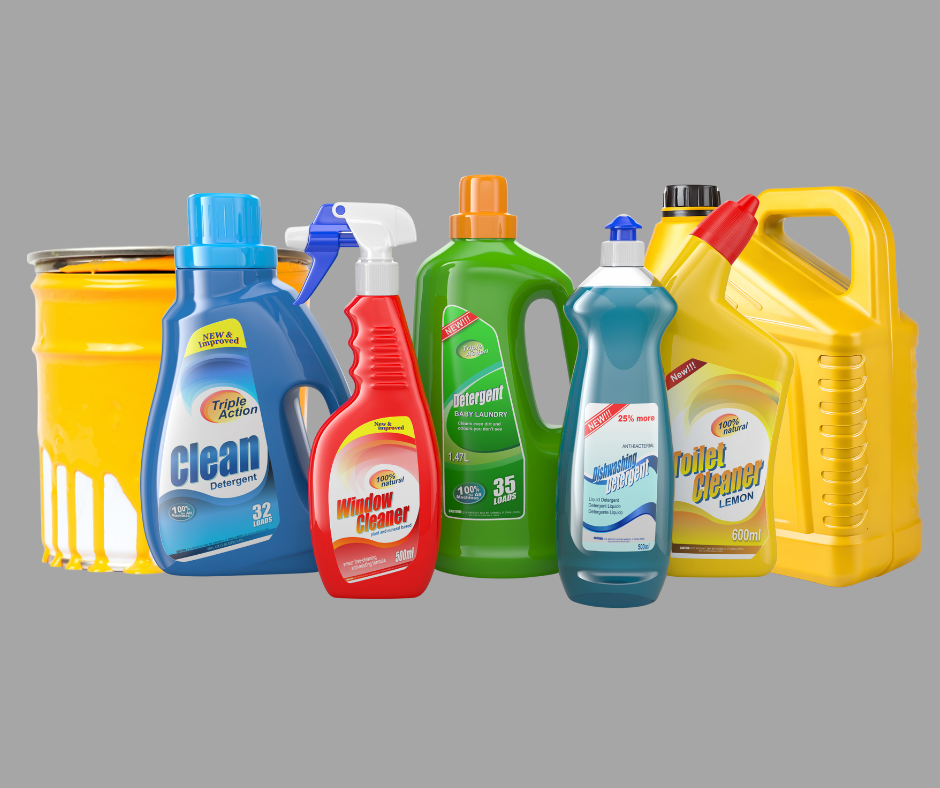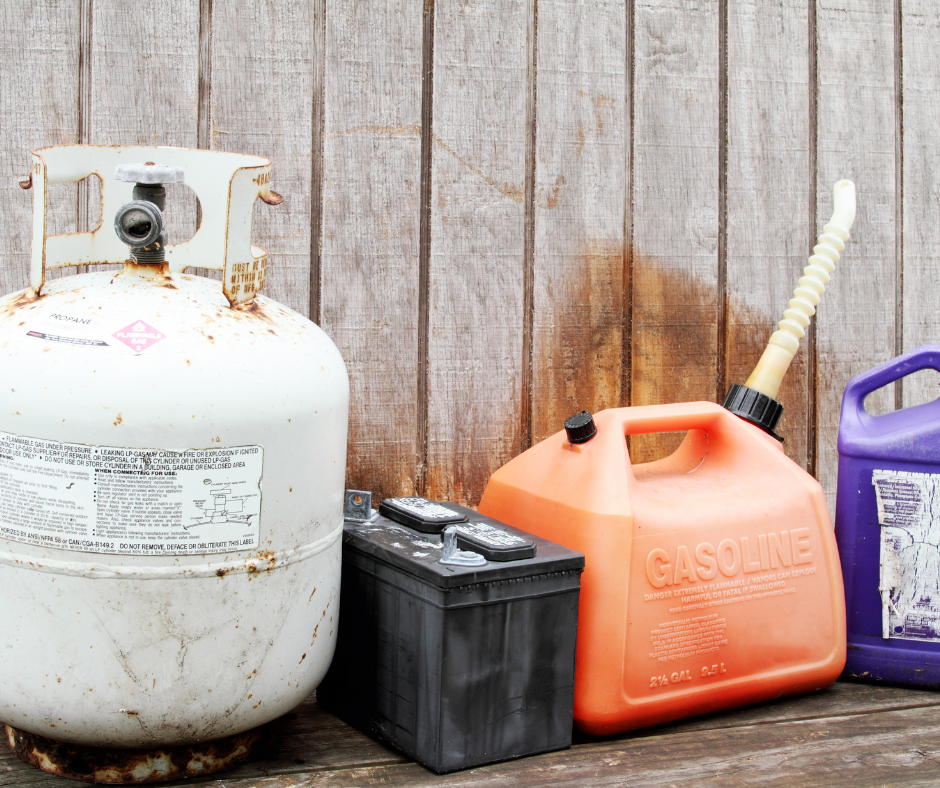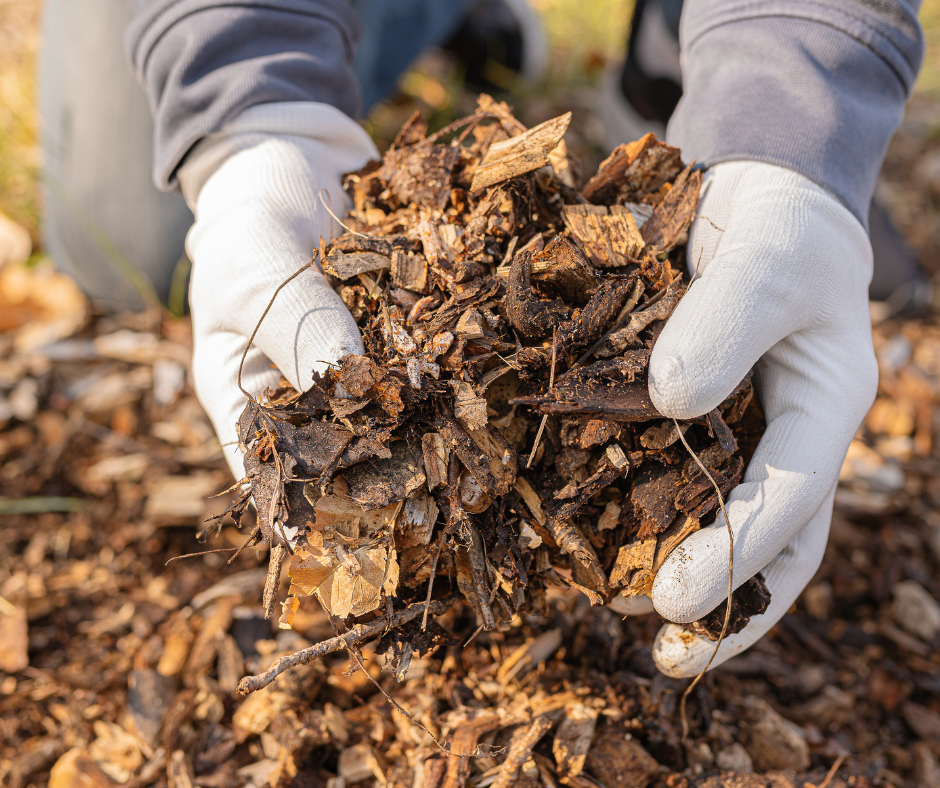By Berks Transfer
•
January 28, 2026
Whether you’re tackling a home renovation, cleaning out your garage, managing a construction site, or planning an event, renting a dumpster can make waste removal easy and stress-free — if you know what to ask before you book. To help you make smart choices (and avoid unexpected costs), here are the top 10 questions you should ask before renting a dumpster. 1. What Size Dumpster Do I Need? Dumpster sizes range from small (10-yard) to large (40-yard) and everything in between. The right size depends on your project: 10–15 yards: small home cleanouts, minor remodels 20–30 yards: larger renovations, commercial jobs 40 yards: major construction, demolition waste Asking this upfront means you won’t overpay for space you don’t use — or run out of room halfway through your project. Berks Transfer offers a range of roll-off dumpster sizes — 12, 20, 30, and 40 yards — to match everything from small home projects to large commercial jobs. 2. How Much Will the Rental Cost? Cost is one of the first questions on everyone’s mind. Dumpster pricing can vary based on: Size of the dumpster Duration of the rental Location and delivery distance Type of materials you’re disposing of Be sure to ask for an all-inclusive quote that covers delivery, pickup, disposal fees, and any taxes or environmental charges. 3. What Materials Are Allowed & Not Allowed? Not all waste can go into a dumpster. Wood, drywall, general household trash, and concrete are just some of the accepted materials. But hazardous or restricted items — such as batteries, solvents, tires, or asbestos — usually require special handling. You’ll want to confirm the acceptable and prohibited materials before filling up the dumpster. At Berks Transfer, we accept a wide variety of non-hazardous waste types, including construction debris, household junk, and more. 4. How Long Can I Keep the Dumpster? Rental periods vary by company. Standard rentals are often 7–14 days; however, some projects require additional time. Ask about: Daily or weekly rates Extensions and fees What happens if your project runs late Planning ahead prevents rush charges or surprise penalties. 5. What Happens If I Fill It Too Much? Many rentals include a weight limit. Anything over that can result in extra fees, so confirm how weight is tracked, what the limits are, and how extra charges are calculated. 6. Where Will the Dumpster Be Placed? Placement matters for accessibility, safety, and compliance with local rules. Clarify: Can it go on the driveway, street, or yard? Do you need a permit for curbside placement? Will they protect your surface (e.g., boards under the dumpster)? Getting the placement right upfront will avoid fines and protect your property. 7. Are There Local Permits Required? In many cities and towns, placing a dumpster on a public street or sidewalk requires a permit. Rates and rules can vary widely by location — especially as municipalities update codes for traffic flow and residential safety. Ask whether the company handles permit applications or if you need to secure them. 8. What’s the Pickup & Drop-Off Process? Knowing how delivery and removal work helps your project stay on track. Questions to ask include: When will the dumpster be delivered? How much notice is required for pickup? Can pickup and drop-off times be adjusted if plans change? Clear communication prevents scheduling hassles. 9. What Happens to the Waste After Pickup? Environmental responsibility matters more than ever. Find out how the company: Disposes of waste Recycles materials when possible Complies with local waste-handling regulations Customers increasingly care about sustainability — and this question can be a strong differentiator for your business. Berks Transfer operates a full-service waste processing facility, meaning your waste is handled responsibly and in compliance with local regulations, including recycling where possible. Knowing the end-to-end process gives peace of mind about environmental impact. 10. Are There Discounts or Special Offers Available? Ask what deals are available — because even a small discount can add up on larger projects. Wrapping Up Renting a dumpster doesn’t have to be complicated. When you ask the right questions before you book, you get clarity, the right dumpster, avoid hidden fees, and ensure your project runs smoothly from start to finish. Whether you’re a seasoned contractor or a first-time DIYer, this guide will help you rent with confidence. Ready to get started? Contact the Berks Transfer team today to get a custom quote and find the perfect dumpster for your next project!
